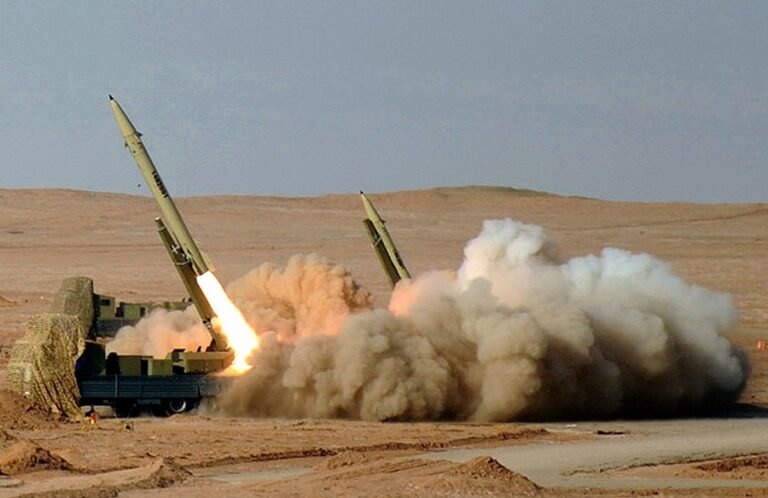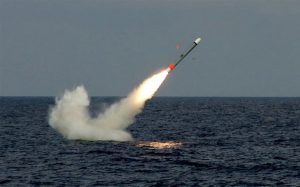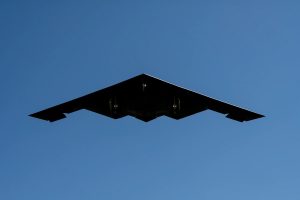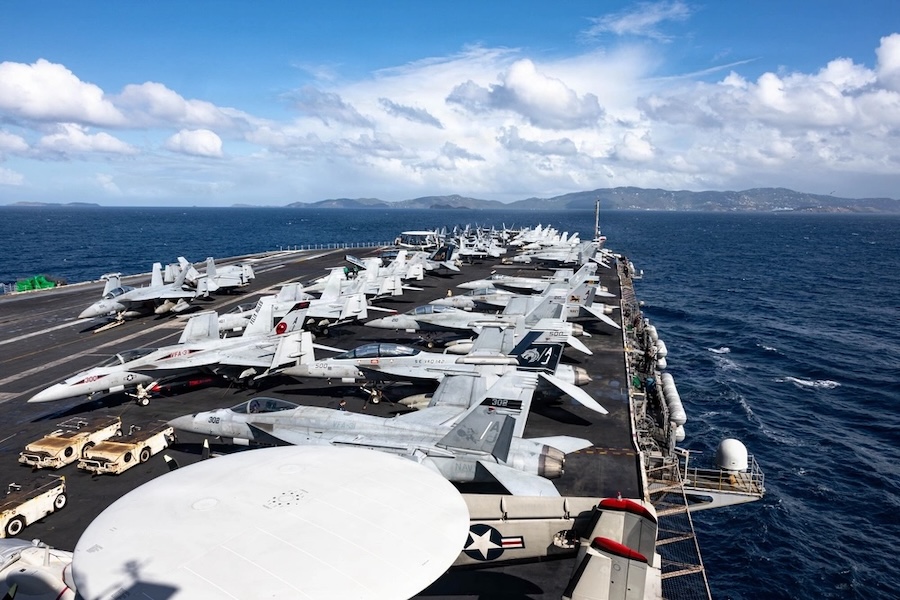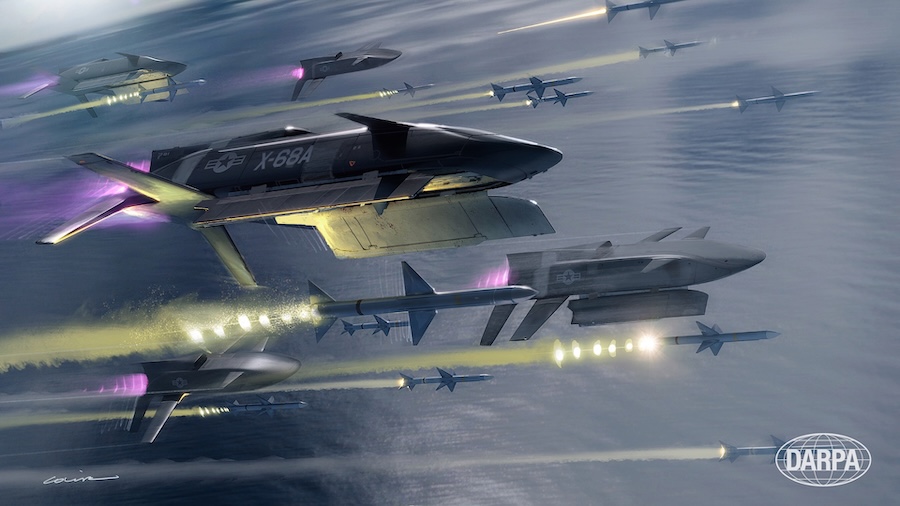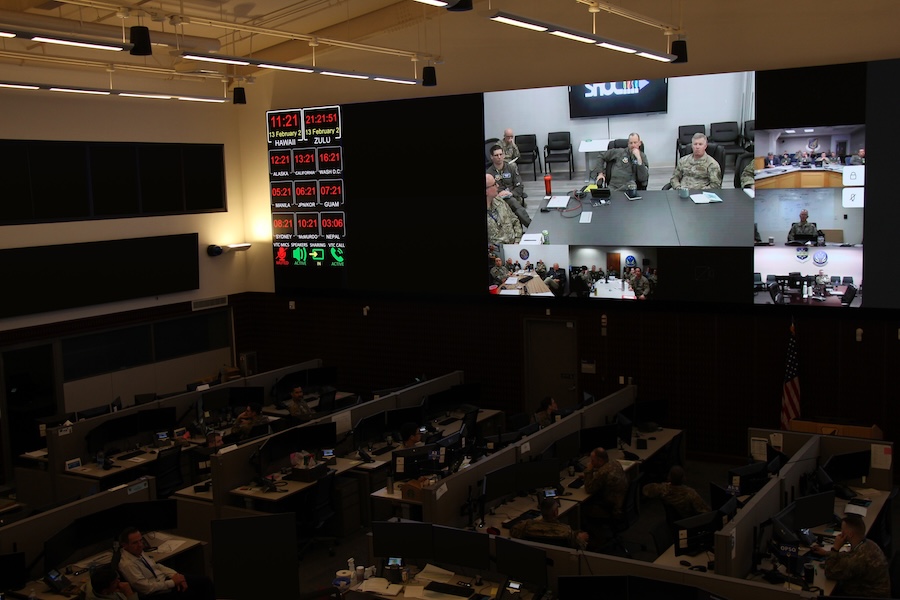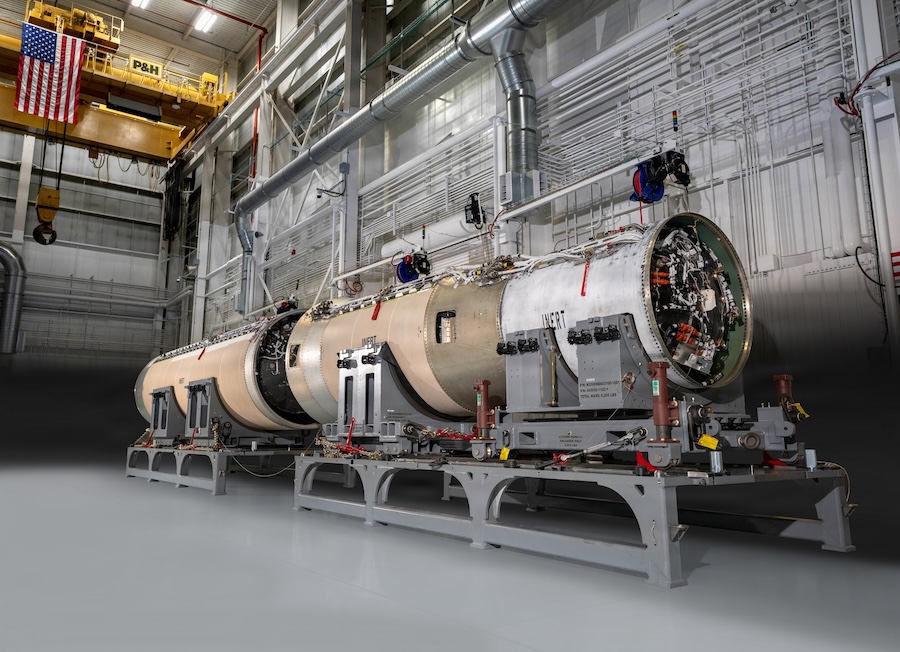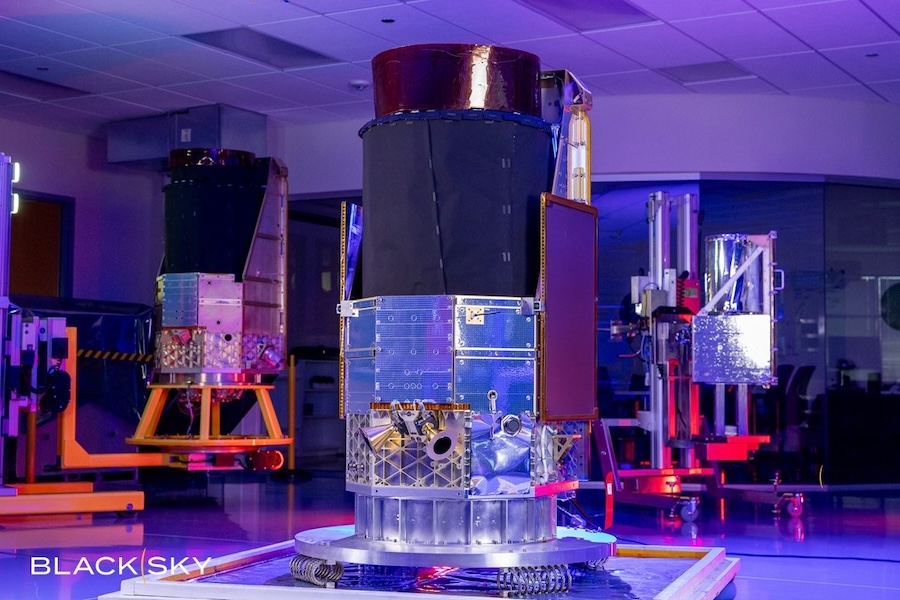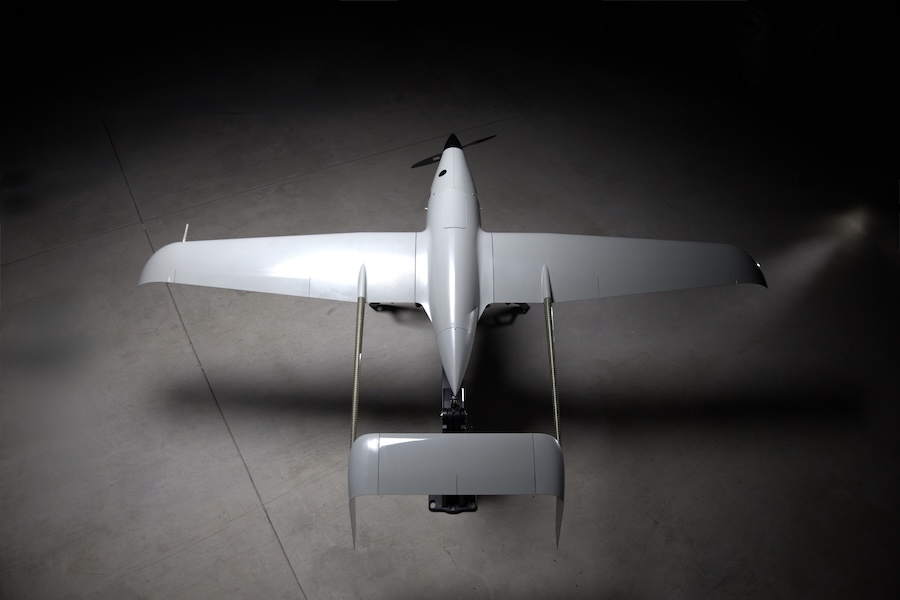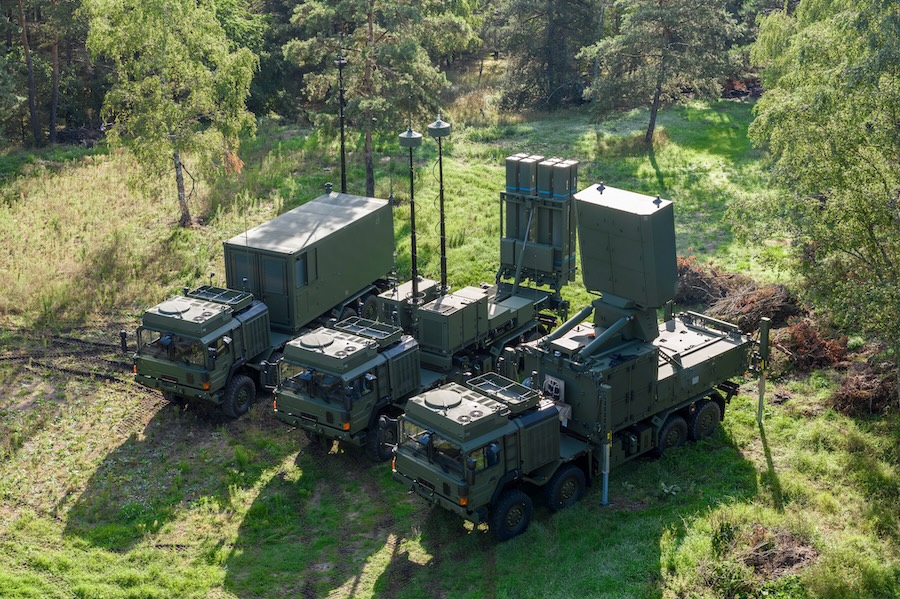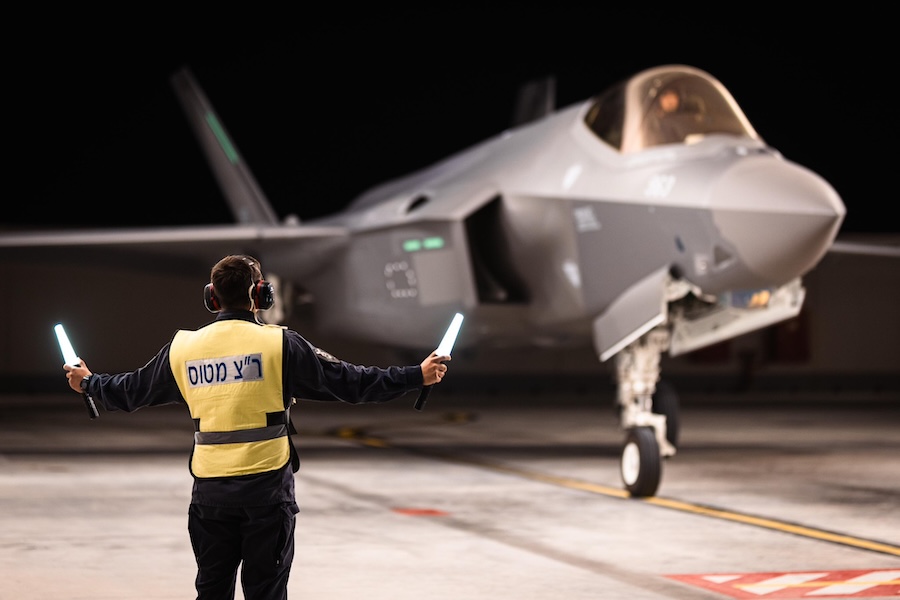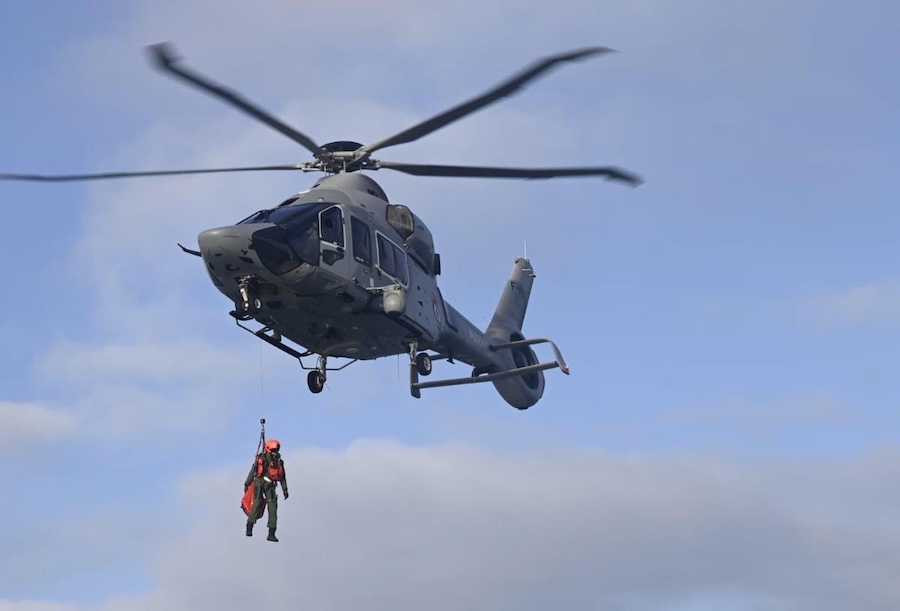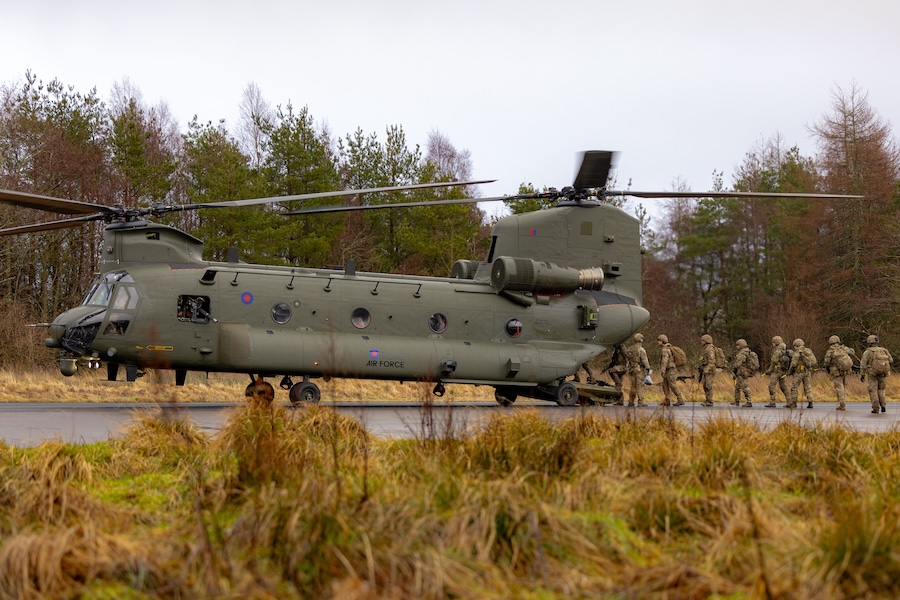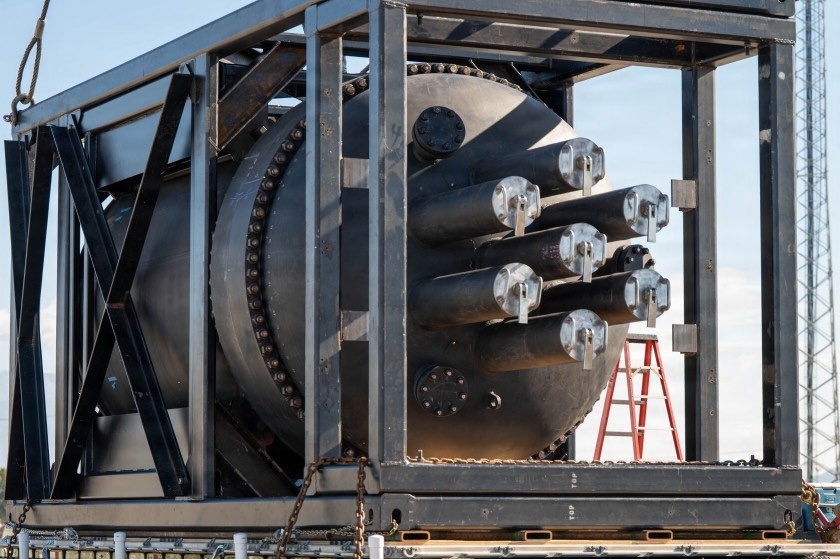Iran’s Supreme National Security Council confirmed the attack, stating the number of missiles launched matched the number of bombs used by the U.S. in its Saturday strike. “The base that was targeted in the attack by the powerful Iranian forces was far from urban facilities and residential areas in Qatar,” the Council said.
The statement added: “This action did not pose any threat to our friendly and brotherly country, Qatar, and its noble people.” Iran’s Islamic Revolutionary Guard Corps (IRGC) separately claimed it had launched a “devastating and powerful missile attack” against Al Udeid Air Base in Qatar.
“This base is the headquarters of the Air Force and the largest strategic asset of the US terrorist army in the West Asia region,” the IRGC stated. It also warned that Iran “will not leave any attack on its territorial integrity, sovereignty, and national security unanswered under any circumstances.”
In response, Qatar’s Foreign Ministry said its air defences had “thwarted the attack and successfully intercepted the Iranian missiles,” confirming there were no casualties or damage. The Qatari government strongly condemned the Iranian strike and urged a renewed commitment to diplomatic negotiations.
The ministry’s statement was issued just minutes after the missile launches, indicating it may have been prepared in advance. Qatar often plays a key mediating role in regional diplomacy.
The scale and impact of Iran’s retaliation could shape President Trump’s next move and determine the depth of U.S. involvement in Israel’s conflict with Iran. As the missiles struck, Trump was meeting at the White House with his national security team, including Defence Secretary Pete Hegseth and Joint Chiefs Chairman Gen. Dan Caine.
President Trump has previously warned that any retaliation “will be met with force far greater than what was witnessed” during the U.S. strikes on Iran’s nuclear facilities. The situation remains highly volatile, with the potential for further escalation.
Source: Axios.


